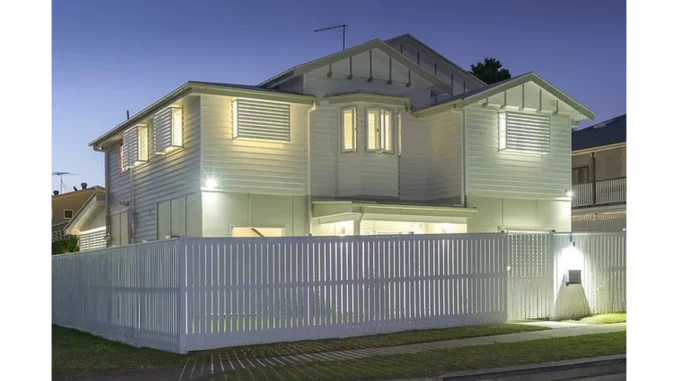
I recently had the pleasure of sitting down with Emily Watson, a seasoned Project Manager at The Practical Planning Company, to discuss the optimal timing for starting a home extension. Emily’s insights were not only enlightening but also offered a nuanced understanding of the various factors influencing this crucial decision. Here’s a recount of our conversation, aimed at helping you make the best choice for your home project.
Successful low-energy building design hinges on careful planning. Focus360 Energy can help.
Understanding the Big Picture
The British weather is notoriously unpredictable, which makes planning any outdoor activity, let alone a home extension, quite a challenge. Emily emphasised that while the weather is a significant factor, it’s far from the only consideration. “You’ve got to think about your builder’s availability, your family’s schedule, and even your financial readiness,” she explained.
For instance, if you’re expecting a baby, you might need the extra space sooner rather than later. Conversely, if you have the luxury of time, you might prefer to wait until all conditions—weather, builder availability, and personal schedules—align perfectly.
Spring: A Sweet Spot?
Emily mentioned that if you have the flexibility, starting your build in March or April could be ideal. “Spring is great because the ground is usually not too frozen, and the temperatures are milder, which is perfect for setting concrete and plaster,” she said. The reduced risk of rain compared to the winter months also means fewer interruptions.
However, spring isn’t without its drawbacks. “Everyone thinks spring is perfect, so builders can be hard to book,” Emily warned. It’s essential to plan well in advance if you’re eyeing a spring start.
Summer: The Popular Choice
“Summer is the most popular time for building work, and it’s easy to see why,” Emily noted. The dry weather is advantageous for construction, and it’s also a convenient time if your project involves opening up your home to the elements. “Imagine knocking down a wall in December; a north wind blowing through your living room isn’t exactly pleasant,” she chuckled.
Another benefit of a summer build is the ability to use your garden as an extra room, especially if your kitchen is out of commission. “You can make the most of your BBQ and enjoy some outdoor living,” Emily suggested. However, the popularity of summer builds means that builders are in high demand. If you’re set on a summer start, booking your builder well in advance is crucial.
Autumn and Winter: The Underdogs
While not as popular, autumn and winter can also be suitable for starting your build. “Winter is quieter, so it’s easier to get your builder of choice,” Emily said. Admittedly, the weather might not be ideal, but she assured me that builders are well-equipped to handle adverse conditions. “Tarpaulins and other protective measures can keep the work going,” she added.
One potential downside is that extreme weather can cause delays. “But honestly, that’s rare and usually only happens in the worst conditions,” Emily reassured. She pointed out that a winter build allows you to enjoy the completed work by summer, making it a compelling option for those willing to brave the colder months.
The Importance of Planning
Regardless of the season you choose, Emily stressed the importance of thorough planning. “You can start planning your home extension as soon as you decide you need the extra space,” she said. Having a full set of design plans is crucial for getting accurate quotes from builders and securing your preferred contractor.
She also advised getting your plans approved by your local authority if planning permission is required. “Planning departments can get very busy in the summer, so why not get it out of the way when it’s a bit quieter?” she suggested.
Final Thoughts
Emily’s insights made it clear that there’s no one-size-fits-all answer to the question of when to start your home extension. Each season has its pros and cons, and the best time for you will depend on your specific circumstances.
“If you need advice or just want to discuss your building work, don’t hesitate to reach out,” Emily said warmly. “We’re always here to help, whether you’re planning an extension or just need some friendly advice.”
Whether you’re considering a spring, summer, autumn, or winter build, the key is to start planning early and be flexible. With the right preparation, your home extension can be a smooth and rewarding project.
Lewis Davis


Be the first to comment